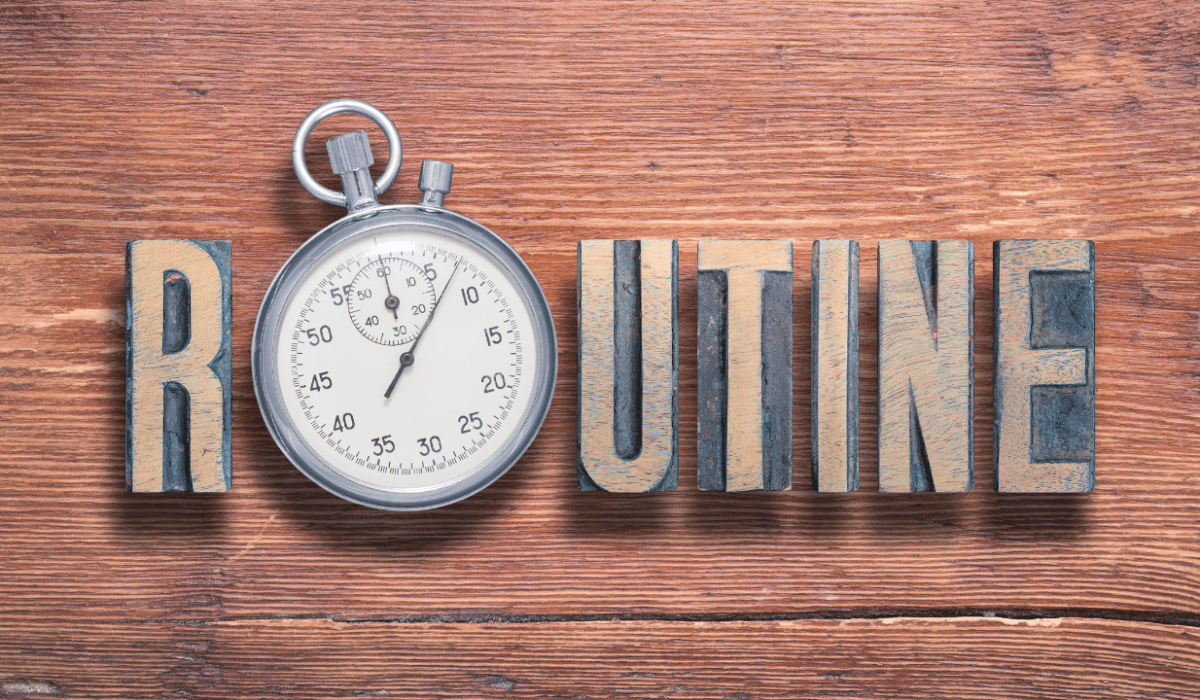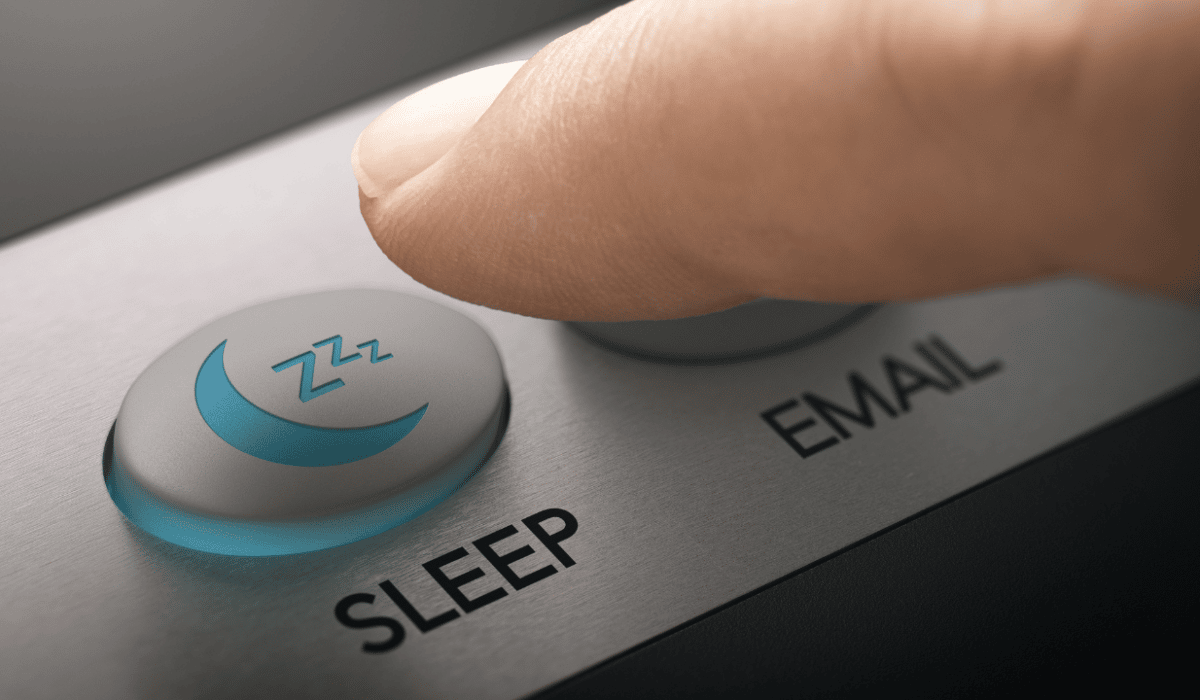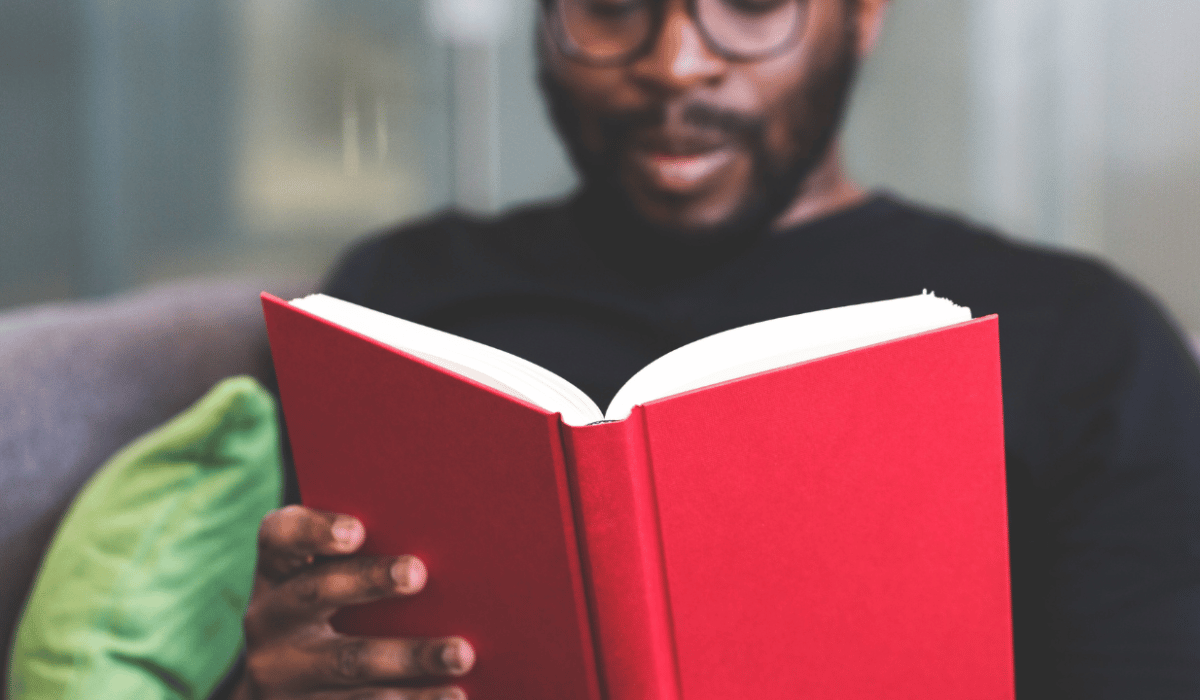Think bedtime routines are just for kids? Think again. You might call the shots now, but having a relaxing bedtime routine could radically boost your health. We share the secrets on how to get a good night’s sleep by making a few simple tweaks.
Good sleep hygiene all comes down to creating new, healthy habits. In less than a month, you’ll wake up feeling refreshed; and (hopefully) not gasping for coffee at the crack of dawn due to a bad night’s sleep. Simply follow our guide to a healthy bedtime routine for adults.
How many hours of sleep do adults need?
According to the latest news, adults need at least 7 hours of sleep. A study carried about by Firstbeat with over 100,000 participants in the UK found that adults between 18 to 60 years old get on average 7.6 hours of sleep per night. That’s a positive sign!
The data also showed that 51% of 18-29-year-olds get the most amount of sleep – a decent 8 hours per night. Yet across the ages, 17% get only six to seven hours of sleep per night. In some cases, this can be due to sleep disorders, like insomnia. However, a consistent bedtime routine could be the difference between poor and healthy sleep.

Why is high-quality sleep important?
Interestingly, it’s not always about the quantity, more so the quality of your sleep. New research reveals that we should strive to achieve good sleep quality. For example, on-and-off rousing during the night likely leads to sleepiness or fatigue in the daytime.
Thanks to modern science, we know that there are 5 stages of sleep. A typical night’s sleep contains around four to five cycles, each lasts between 90 to 110 minutes. We spend the majority of our sleep in stage 2 (45%) which is the most important part for memory and cognition.
In essence, we should be aiming for deep sleep. But why bother? What do we gain from high-quality sleep?
What happens when you get enough sleep?
There is a lot of scare-mongering in the media about sleep deprivation and its correlations to poor health conditions. Whilst studies have found that lack of high-quality sleep can affect cognition, and in some cases heart disease, it’s not all doom and gloom.
In this instance, let’s categorise “enough sleep” as high-quality deep sleep. That kind where the blare of a fire engine wouldn’t even wake you. When you achieve better quality sleep, it comes with a tonne of benefits. From better academic performance, to lower stress levels, to improved mental health. You’ll likely feel more energised throughout the day, and not rely on caffeine.

7 ways to improve your adult bedtime routine
If you’re tired of feeling tired, a few simple changes at night can revolutionise your day. Transforming your bedtime routine is not as difficult as it sounds. Research shows it takes 21 days to make a healthy habit stick, and then it becomes second nature. You’ll likely notice differences in your sleep quality and energy levels, too.
Here’s a quick guide to creating a personalised nightly bedtime routine you actually want to stick to.
Have a regular bedtime
It may seem self-explanatory, but being strict with yourself on what time you go to bed is a good place to start. Most kids need to be in bed by 7pm, so maybe introduce a grown-up bedtime?
An easy way to work out how much sleep you want to get is to work backwards on the clock. Let’s say you need 7 hours of sleep. Factor in what time you need to wake up and how long roughly it takes for you to fall asleep. If you decide 11pm is the optimal time in order to wake up less zombie-like at 6am, be ready to go to sleep by 10pm.
Limit light exposure
Back in the day when cavemen roamed the earth, and candle wicks were the only source of light, people would have slept when the sun set. With technology and electronic devices, our natural sleep cycles have taken a hit.
One clinical study found that exposure to room light decreased melatonin production in adults. Melatonin is the sleep hormone responsible for flicking the switch on our sleep cycle, triggering that droopy-eyed, swaying feeling. But, exposure to bright or artificial light affects our circadian rhythms, tricking us into staying awake.
Therefore, at least one hour before bed, consider switching off the lights. This will help the release of melatonin, which will create a soothing sleep utopia.
Put your phone on airplane mode
How often do you go to bed not actually feeling tired? Well, this is highly likely due to exposure to blue light. Studies show that blue light both significantly reduces the production of melatonin and knocks off 16 minutes of sleep.
Are you someone who gets sucked into the endless scroll of TikTok? Or feels the need to check notifications and emails before bed? This could be disrupting your sleep. Even in night mode, the bright lights can affect the natural process of falling asleep.
No access to your phone prevents you from reaching for it and ‘doom-scrolling’ first thing in the morning. In fact, research shows this activity disrupts the transition from theta into the delta stages of sleep. This means you go from feeling half-asleep to wide awake instantly, resulting in higher feelings of stress and anxiety.
Avoid temptation by putting your phone on airplane mode to prevent the merciless ping of notifications. Wait one hour before switching airplane mode off once you wake up. If you lack self-discipline, then buy a phone lock box. This enables you to hide your phone in a locked safe overnight. Out of sight, out of mind!

Try using CBD
In a recent study, the use of CBD was trialled to note its effects on sleep problems and anxiety disorders. 72 adults took either 25mg or 75mg of CBD in capsule form daily. Results showed that sleep scores improved by over 66% in the first month when taking CBD.
In your bedtime routine, consider using CBD to calm and relax you in the evening. Perhaps you’re tense after a long day at the office; if so, rub some CBD cream on these points of tension. This could be your shoulders, jawline or base of the neck. It also gives you a mini massage to help relax you, whilst increasing both the production of melatonin and serotonin for happy sleep.
Alternatively, you could try CBD sleep patches which are easy to use and trigger a slow, gentle release of CBD into your bloodstream. Fall into a deep sleep with one patch.
Lower your body temperature
An adult’s circadian rhythm relies on core body temperature. Too hot and you’ll struggle to fall asleep, tossing and turning; too cold and you’ll be shivering all night, heart beating faster to stay alive. You need to reach that Goldilocks level temperature, which is around 18°C.
To regulate your body temperature, try opening a window to let a cool breeze in, wear lighter clothes in bed or take a cold shower. This will ensure you feel relaxed and improve your sleep quality simultaneously.
Write down your worries
Worry and anxiety about the day ahead can keep us wide-eyed at night. Before you go to bed, have a brain dump. Write down all the things that are bugging you, however big or small. Action these points into a To-Do list for the next day if possible.
Bedtime writing will help you take back control over spiralling thoughts. Adding this to your nightly routine will give you peace of mind and calm you down to get a better night’s sleep.

Read a book
Whilst you’re sipping on chamomile tea, try reading before bed, too. Whether it’s a poem or a non-fiction book, just 15 minutes of reading can drastically improve sleep quality in as little as 7 days.
Read once you’ve finished all your bedtime admin, like brushing your teeth, showering or doing some skincare. This will ensure you’re engrossed in the book. It will also prevent those niggling thoughts like “there’s something else I have to do”, which often keep you lying awake.
Listen to a podcast or audiobook
Some people can’t sleep in silence and need some sort of background noise. If you don’t like reading, try playing a sleep podcast. On average, it takes around 20 minutes to fall asleep. Spotify allows you to set a timer for 20 minutes so you don’t get too absorbed.
Choose a podcast or audiobook that isn’t too stimulating, but is mildly interesting so that your thoughts can run away. A couple we’d recommend are CavernCast or Sleep with Me (both specifically for grown-ups). Alternatively, try listening to relaxing music such as the pitter-patter of rain.
The key takeaway
- Improving your sleep quality leads to better mental health, more energy and productivity.
- Tweaking your bedtime routine by switching off lights, limiting technology use and using supplements like CBD can help you gain high-quality sleep.
- It takes around 21 days to create healthy habits which will then become automatic for your adult bedtime routine.



